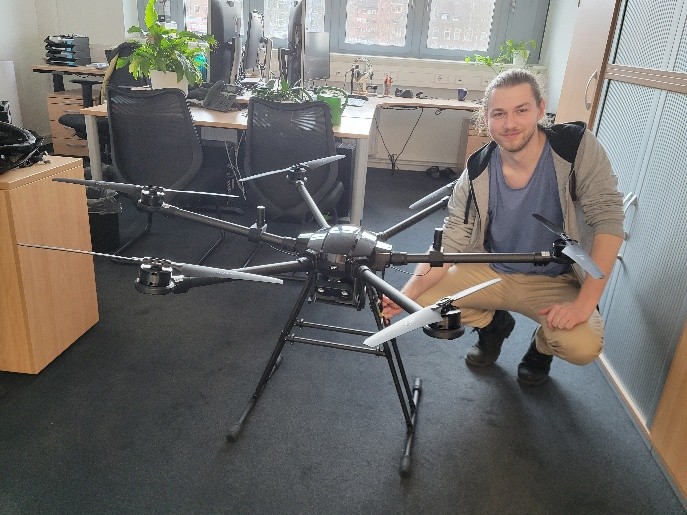Lab "System Theory"
| Basic Information | |
|---|---|
| Lecturers: | Gerhard Schmidt, |
| Room: | KS2/Geb.G - PC-Labor |
| Language: | German |
| Target group: | Students in electrical engineering and computer engineering |
| Prerequisites: | Signals and systems I |
| Registration procedure: |
If you want to sign up for this laboratory, you need to register with the following information in the registration form
Please note, that the registration period starts the 18.09.2025 at 00:01 am and ends the 18.10.2025 at 23:59 am. All applications before and after this registration period will not be taken into account. Registration will be possible within the before mentioned time by sending an e-mail with your name and matriculation number to The registration is binding. A deregistration is possible by sending an e-mail with your name and matriculation number to Requirements, rules and commitments will be announced at the first experiment (attendance is mandatory). |
| Time: |
The first experiment takes place on the 22.10.2025 in KS2/Geb.G - PC-Labor. |
| Contents: |
The contents of the lab is the following:
|
Dates
| Experiment | Wednesday |
|---|---|
| 1 | 22.10.2025 |
| 2 | 29.10.2025 |
| 3 | 05.11.2025 |
| 4 | 12.11.2025 |
| 5 | 19.11.2025 |
| 6 | 26.11.2025 |
| 7 | 03.12.2025 |
| 8 | 10.12.2025 |
| 9 | 17.12.2025 |
| Evaluation | |||
|---|---|---|---|
| Current evaluation | Completed evaluations | ||

 We were happy to welcome Sören Lange as a new member of our team at the beginning of the year. In his master’s thesis, he focused on signal processing for innovative underwater opto-acoustic sensor systems and has since then taken on new challenges in the field of magnetic sensors. His research interests span a wide range of topics, including signal processing and control engineering. With his friendly attitude, technical curiosity and expertise, Sören is a great addition to our team. We look forward to working with him!
We were happy to welcome Sören Lange as a new member of our team at the beginning of the year. In his master’s thesis, he focused on signal processing for innovative underwater opto-acoustic sensor systems and has since then taken on new challenges in the field of magnetic sensors. His research interests span a wide range of topics, including signal processing and control engineering. With his friendly attitude, technical curiosity and expertise, Sören is a great addition to our team. We look forward to working with him!